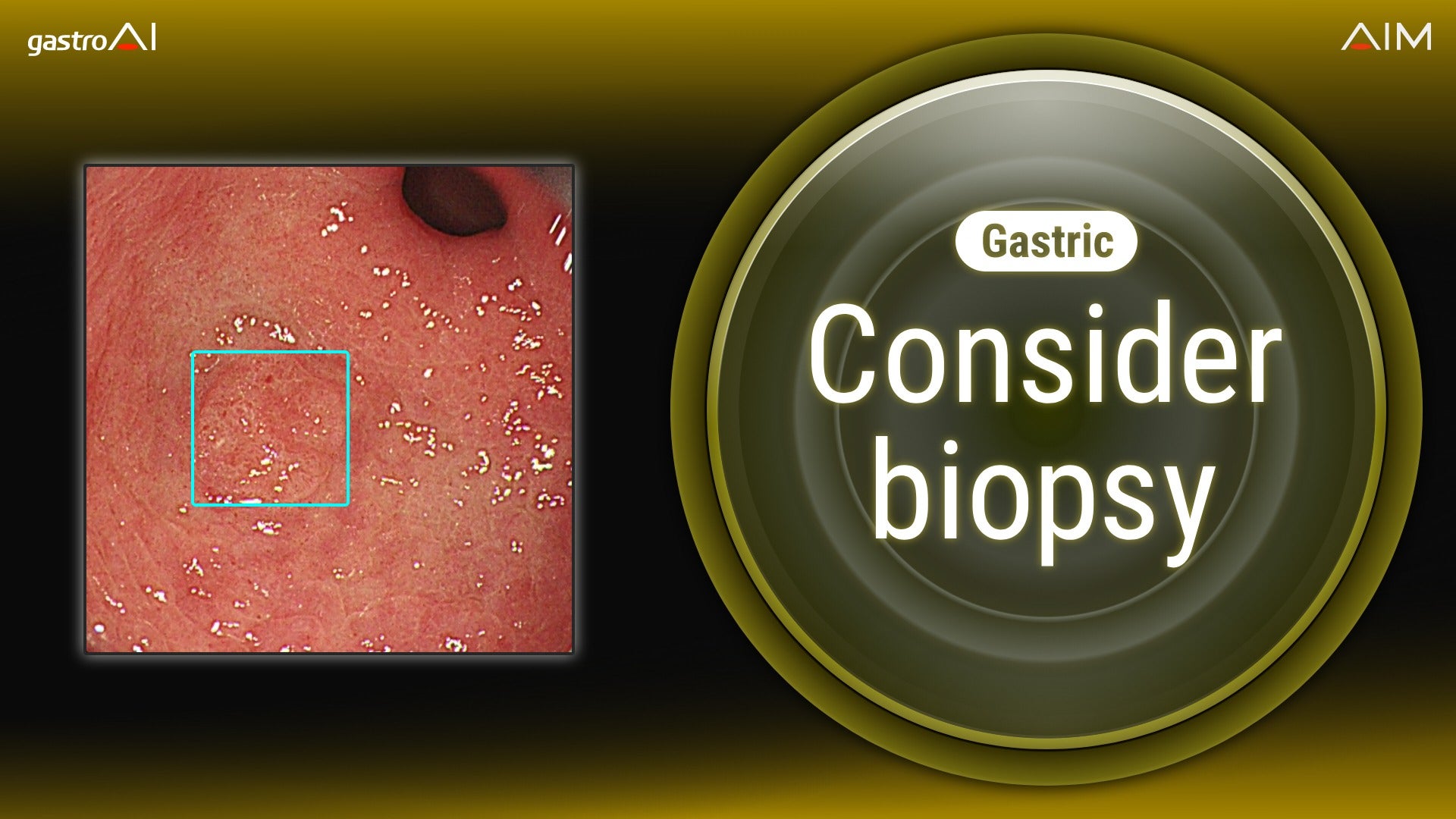
AI MEDICAL SERVICE INC. (hereinafter AIM), a medical start-up specializing in the development of diagnostic endoscopic AI, is excited to announce the first instance of Brazilian pharmaceutical registration of an AI-based endoscopic diagnostic support device that operates within the stomach (product name: gastroAI, model name: model G). The regulatory registration was conducted by Brazil’s National Health Supervisory Agency under the Brazilian Ministry of Health (Agência Nacional de Vigilância Sanitária, hereinafter ANVISA) on April 1, 2024. The endoscopic AI assists the physician in diagnosis of neoplasia during endoscopy by detecting lesion candidates for biopsy or other additional diagnostic steps based on gross visual features. AIM has confirmed that this is the first case of pharmaceutical registration in Brazil for an endoscopic support software that operates within the upper gastrointestinal tract.
Background of our efforts to complete pharmaceutical registration in Brazil
Gastric cancer is the fifth most common cancer in the world, with more than 1 million people contracting gastric cancer and approximately 770,000 people dying from the disease each year.
Gastric cancer is characterized by a mortality rate that increases significantly with disease progression. However, gastric cancer is very often treatable if detected at an early stage; the 5-year relative survival rate is approximately 95% if detected at stage I, but less than 50% if detected at stage III or later. Nevertheless, early-stage gastric cancer is difficult to detect and is said to be missed in 4.5 to 25.8% of cases. In Brazil, the difference between the number of gastric cancer cases and gastric cancer deaths is small, suggesting that the failure to detect gastric cancer at an early stage is directly linked to the loss of life.
Brazil’s population has already exceeded 210 million, and as a member of the “Global South,” the country’s economic development is attracting increasing attention. However, Brazil also has a noticeable trend toward low birthrates and is noteworthy for an aging population, projected to reach super-aged demographic status by 2050. With a land area equivalent to approximately 23 times that of Japan, a further shortage of endoscopists within certain regions is expected in the future.
Considering these circumstances, AIM has been convinced that adopting AI to clinical practice in Brazil to support the diagnosis of gastric cancer utilizing Japan’s world-leading endoscopic medical technology will help solve the problem of a shortage of endoscopists and reduce the number of deaths from gastric cancer in the future.






